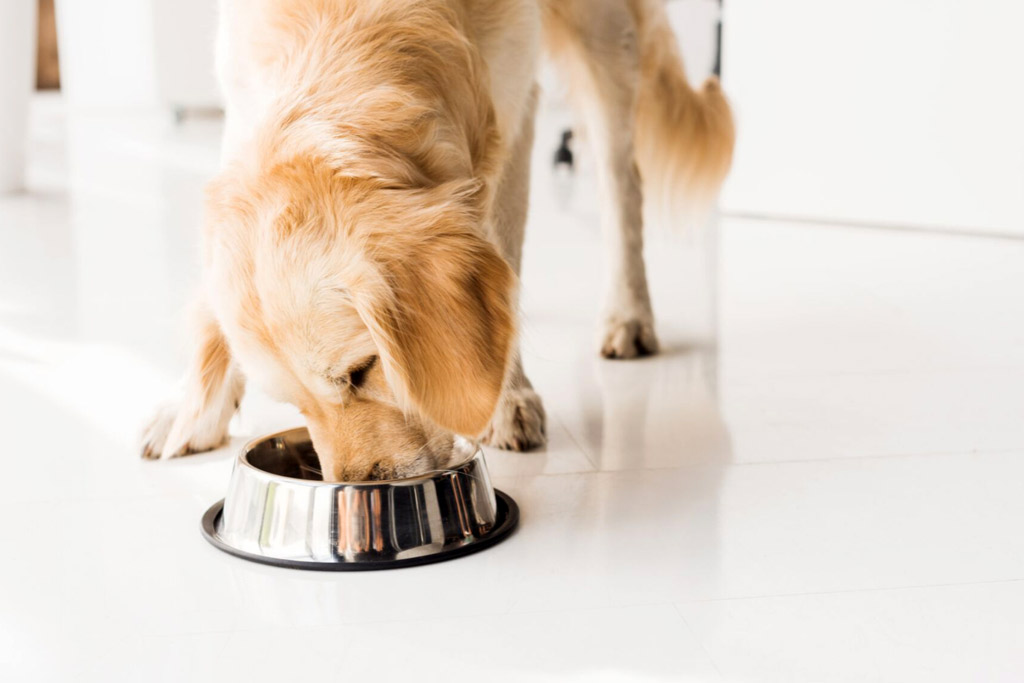A dog serves as a great companion to owners, but taking care of a dog is a lot of responsibility. Owners must train their pet, give it adequate exercise, and provide love, affection, and comfort.
But even more than this, owners must provide them with the right nutrients to grow and thrive. However, many dog owners don’t actually know the proper nutrition that their pet needs to live a healthy life.
To help you better support your dog’s health, we’re going to provide a nutrition guide you can add to your dog’s hearty meals.
Energy
Your dog needs a certain amount of energy every day to sustain its day-to-day activities. It’s important to note that certain things will increase the amount of energy your dog needs such as growth, pregnancy, lactation, and exercise.
In terms of diet, energy will come from carbohydrates, proteins, and fats. Dogs are omnivores, which means they get a lot of their energy from carbohydrates. This includes sugars, starches, and dietary fibers.
The major sources of carbs found in commercial dog food include cereals, legumes, and other plant foods. Let’s take a look at energy needs per dog.
Growing Puppies
If you have a growing pup, it’s important to note that they will need twice as many calories as an adult dog of the same breed. With that said, owners should begin feeding their pup about 4 weeks after birth as milk will no longer be sufficient. It’s also important that you space meals out for your pet throughout the day.
Older Dogs
Older dogs generally have decreased physical activity and a slowed metabolism. As such, older dogs need 20% fewer calories than middle-aged adult dogs.
Lactating Dogs
New mothers typically suckle their pups for at least 6 weeks. For this reason, the mother’s need for calories will increase with the number of puppies and the week of lactation it’s in.
If you have a giant breed such as a Great Dane, they will have proportionately smaller digestive tracts. This means that they may not be able to sustain themselves during lactation. If you plan to get a giant female breed, consider giving your puppy supplemental food early.
Vitamins
Another important part of your dog’s nutrition is vitamins. Vitamins are an organic compound necessary for your dog’s body to thrive. In fact, it takes part in a wide range of metabolic activities.
Dogs need vitamins in their food at low concentrations. Without vitamins, your dog will be subject to various health conditions.
A good balance of vitamins will keep your dog’s skin and coat healthy, strengthen their bones and teeth, and give them the energy that they need to function.
Minerals
In addition to vitamins, minerals are essential to your dog’s nutrition. Minerals such as Calcium and Phosphorus are crucial to its strong bones and teeth.
Dog’s need other minerals such as magnesium, potassium, and sodium for nerve impulse transmission as well as muscle contraction and cell signaling.
It’s important to note that dogs can get too much or too little of a specific mineral, which means it’s important that you give them a healthy balance through the foods they eat.
For instance, dogs that don’t get enough calcium can develop a condition known as secondary hyperparathyroidism. Dogs that don’t receive enough calcium usually have high concentrations of meat in their diets.
On the other hand, too much calcium can cause skeletal abnormalities. This is often seen in large-breed dogs.
Food Choices for Your Pet
Now that we’ve discussed what’s needed for your dog, we’re going to share some great food choices to ensure your dog gets the nutrition it needs.
There are a variety of commercial food options on the market, but it’s important to know which food choices will support your dog’s health. Common food types you will find include dry, semi-moist, and canned pet foods.
Most dog owners feed their pets dry kibble or canned wet food. The good news is that both dry kibble and canned wet food contain the nutrients your dog needs. In fact, commercial dog foods are heavily regulated and have undergone strict testing by veterinary specialists to ensure that dogs can maintain a healthy diet.
As stated previously, dogs are omnivores. This means that in addition to meat, your dog will be able to meet its nutritional needs through grains, fruits, and vegetables. Grains, fruits, and vegetables can provide a valuable source of essential vitamins, minerals, and fiber.
Giving your dog a well-balanced diet that aids in proper nutrition is crucial. The first step to giving your dog what it needs is educating yourself on what’s essential for your dog and the food choices you can make to ensure they get it.
No matter which dog breed you have, be sure to give your dog a healthy balance of meats, grains, fruits, and vegetables based on its specific body needs.




